About
Food poisoning, also known as food borne illness occurs when you consume foods or drinks that are contaminated with viruses, bacteria, parasites or toxins, which are poisonous substances. These poisonous substances can contaminate foods at any point during its processing or production. It can also contaminate foods at home if the foods are not properly cooked or handled.
Causes
- Bacteria and viruses
- Parasites
- Mold, toxins and contaminants
- Allergens
Symptoms
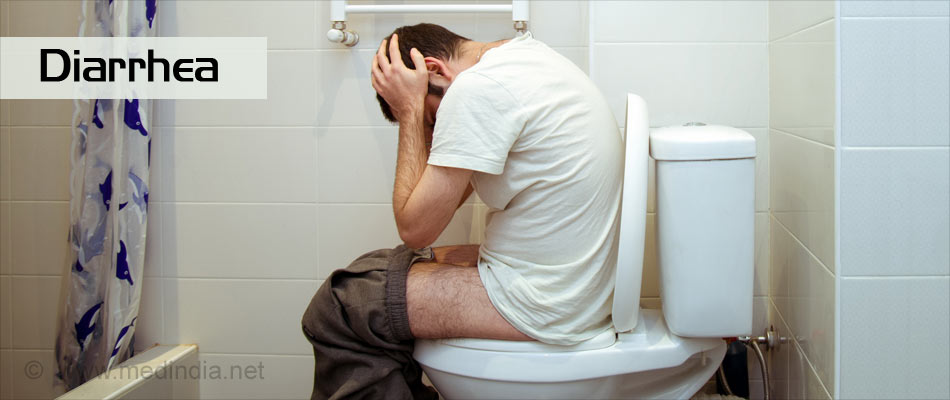
- Fever
- Headaches
- Stomach cramps
- Dehydration
Treatment
Treatment for food poisoning may include-
- Make sure you drink lots of water or fluids to keep your body hydrated, and take proper rest.
- Take a glass of warm water, add a few drops of lemon juice and a pinch of sugar and salt to it, stir well and drink.
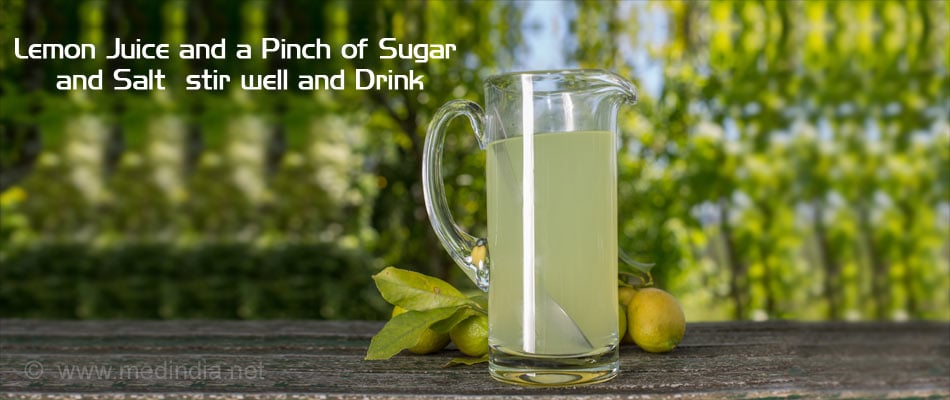
- Eat light, bland foods such as crackers, bread, plain rice or bananas.
- Take a tablespoon of honey with a few drops of ginger juice to reduce inflammation and pain.
- Taking basil leaves juice early in the morning on an empty stomach enhances digestive power.
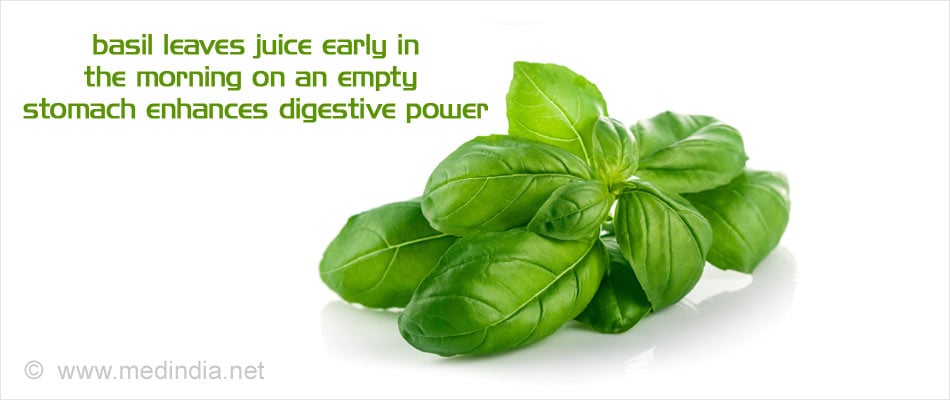
- If vomiting and diarrhea last more than 2 days you need to consult a doctor.
Steps to Avoid
- Avoid unpasteurized milk or milk products.
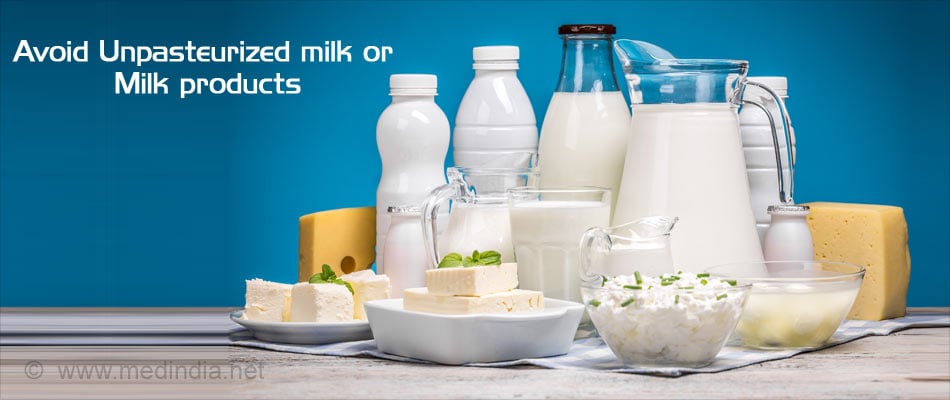
- Check the expiry date before buying any food items or products. Don’t eat food products after the expiry date mentioned on the label.
- Do not eat raw/very lightly cooked ground beef, chicken, eggs or fish.
- Keep away foods that have an unusual odor or spoiled taste.
- Do not thaw foods at the room temperature.
- While storing food in the refrigerator, keep raw food, such as meat and poultry separate from cooked foods to prevent cross-contamination.
- Wash your utensil thoroughly before and after cooking raw meat, seafood, poultry or vegetables.
- Don’t buy foods in jars or cans that are cracked, dented or have some defect on it.
Prevention
- Wash your hands thoroughly with soap and water before and after preparing food, having food, handling food, after going to the toilet, touching the dustbin, blowing your nose or touching animals and pets.
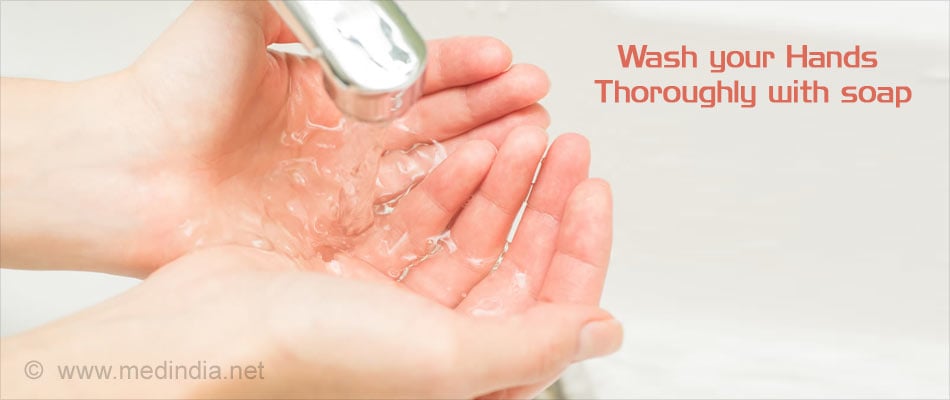
- Wash dishcloth and tea towel regularly, and dry them before using them again.
- Use separate chopping boards for raw vegetables, meat products and ready to eat foods.
- Wash raw vegetables and fruits thoroughly before eating, especially when eating them raw.
- Drink only fruit juices that have been pasteurized.

- Thawing foods is to defrost in the refrigerator or microwave the food using defrost setting.
- When cooking food like pork, burgers, sausages, poultry and kebabs make sure they are cooked well until steaming hot.
- Use boiled or purified water for drinking and cooking purposes.




